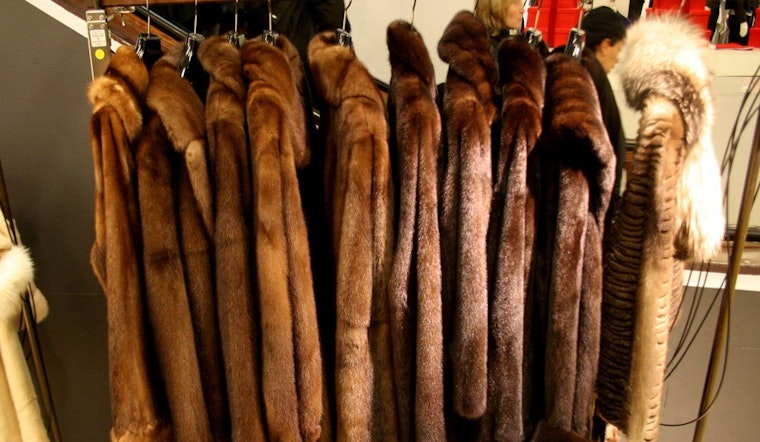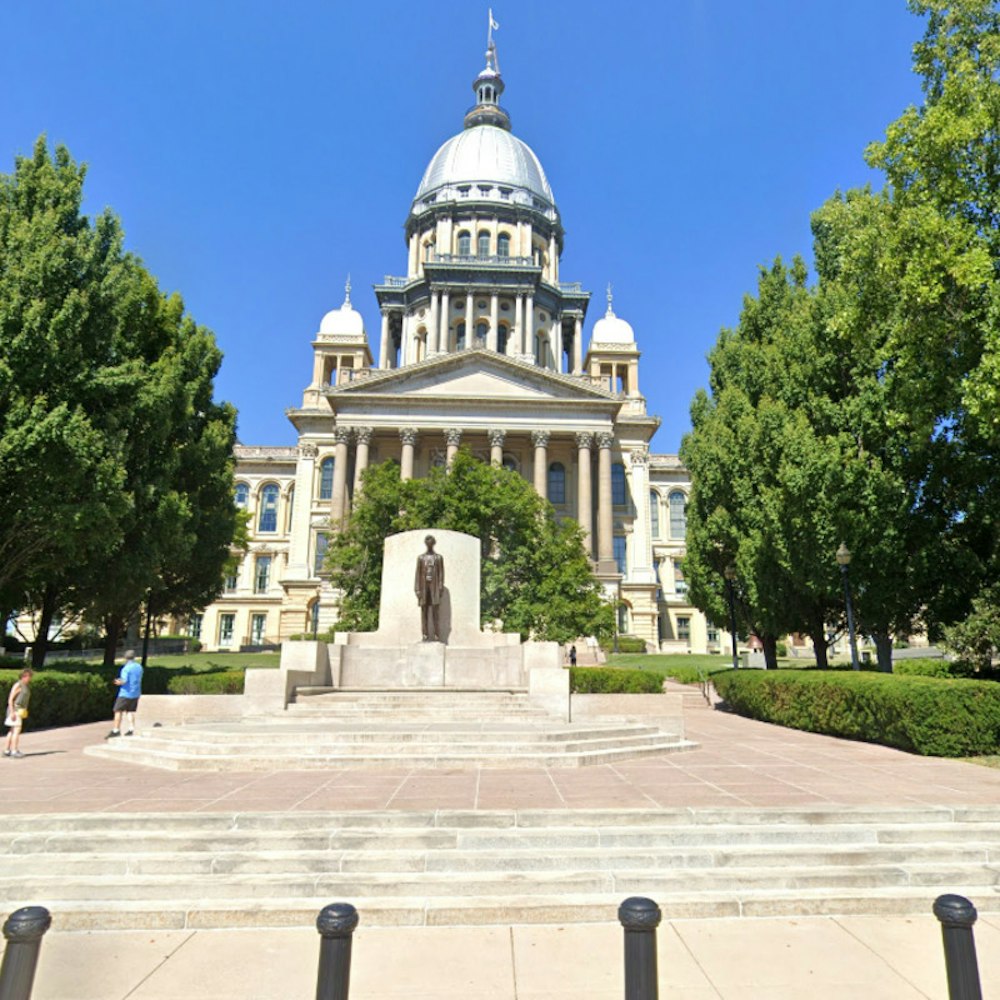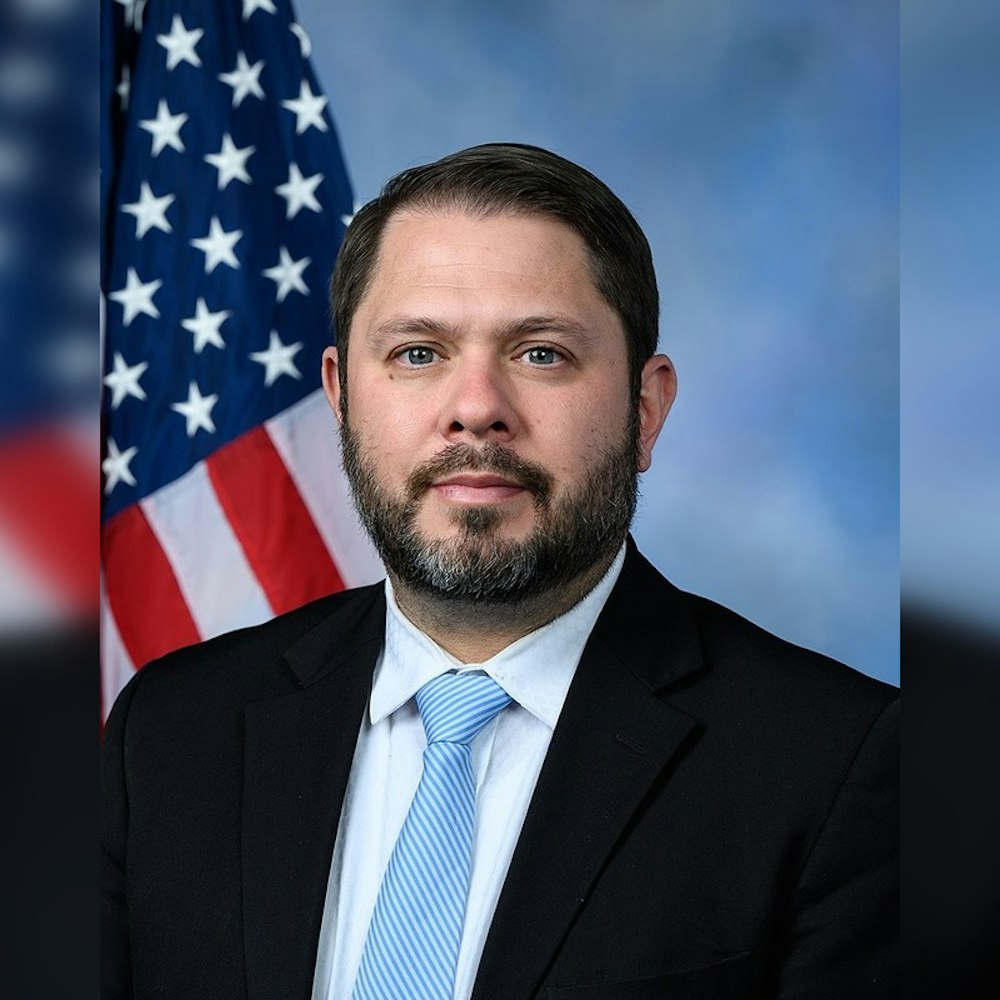
The Board of Supervisors voted unanimously yesterday to pass an ordinance introduced by District 4 Supervisor Katy Tang that prohibits the sale of new fur apparel and accessories.
The vote makes San Francisco the first major city in the US to enact a ban of this nature, which will go into effect next January. Berkeley and West Hollywood already have similar laws on the books.
The ban does not apply to leather, sheep or lamb skin, non-apparel products or second-hand items found in many vintage shops.
“More than 50 million animals are violently killed each year around the world to support the fashion industry,” said Tang. “San Francisco is a city with progressive values where we believe in the rights of all people as well as all living things—and it is not right to allow this practice to continue.”
The goal of the ordinance, she said, is to send a message to the fur industry that raising animals for clothing and accessories is "not consistent with the values of our city."
Additionally—phosphorous, a byproduct of the cultivation of animals for fur products—contributes to water and air pollution, according to Tang.
Tang named several luxury-brand designers that have already cut fur products from their lines as examples of a changing industry, including Donatella Versace, Giorgio Armani and beginning this year, Gucci.
“Supervisor Tang and San Francisco are leading the way in making a more compassionate world for animals,” said Wayne Hsiung, co-founder of Direct Action Everywhere. “This historic act will usher in a new wave of animal rights legislation across the globe.”
It's estimated that San Francisco fur sales make up between $11 million and $40 million in revenue, according to the Examiner, impacting approximately 30 retail businesses who sell the products.
Karin Flood, executive director of the Union Square Business Improvement District, said the decision was "disappointing."
“It is concerning that San Francisco’s values, while important, when in conflict with the City’s health and economic vitality still win out,” she told the Examiner.
Jim Lazarus of the San Francisco Chamber of Commerce said that the move "will have a major impact, especially on small boutique shops."
While the ordinance goes into effect in January, the legislation was amended by Tang at yesterday's meeting to include a one-year amnesty that expires on January 1st, 2020 for retailers that demonstrate proof of purchase prior to March 20th, 2018.
Those not in compliance will incur a $500 penalty per item per day for first offenses.









